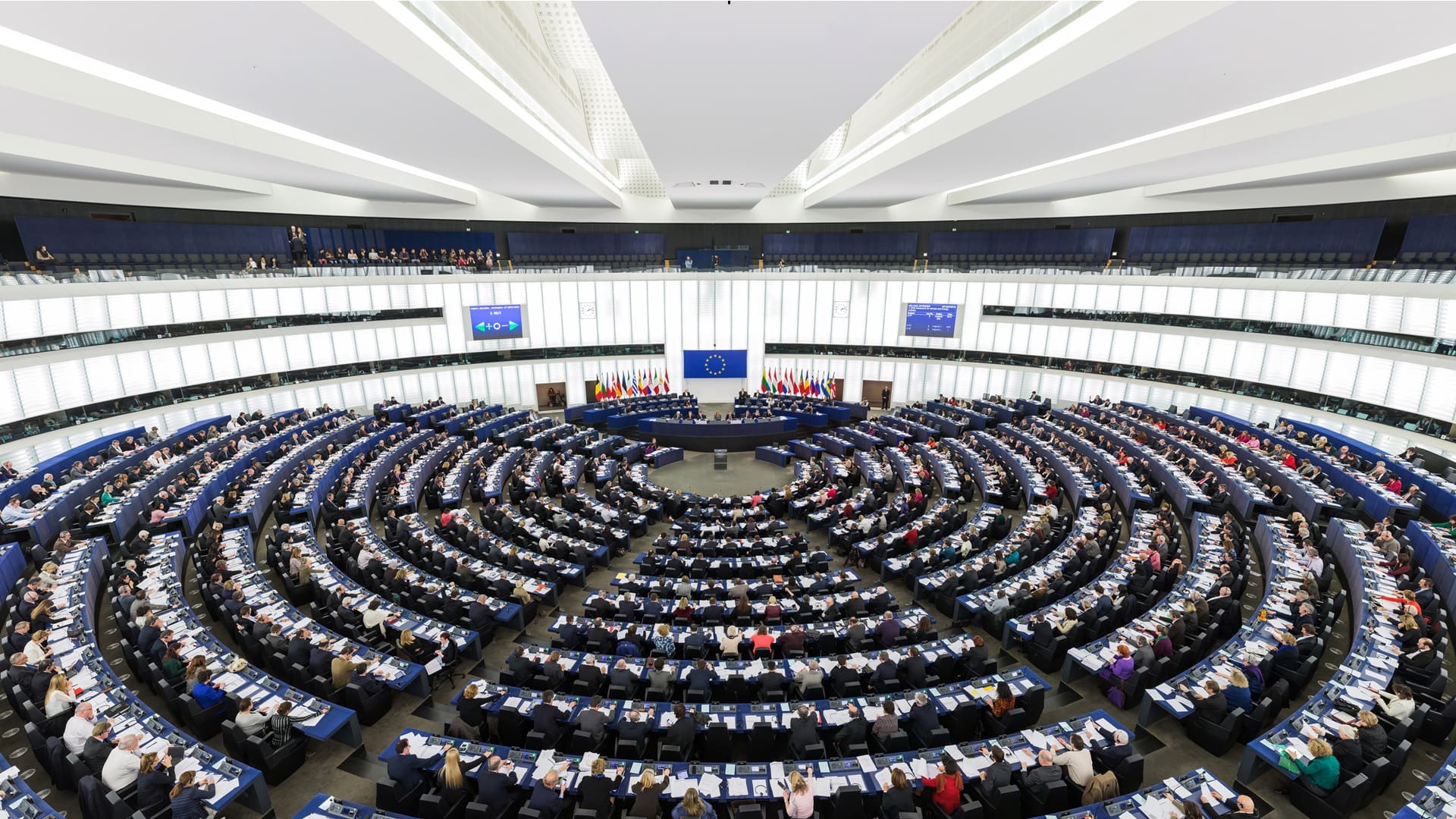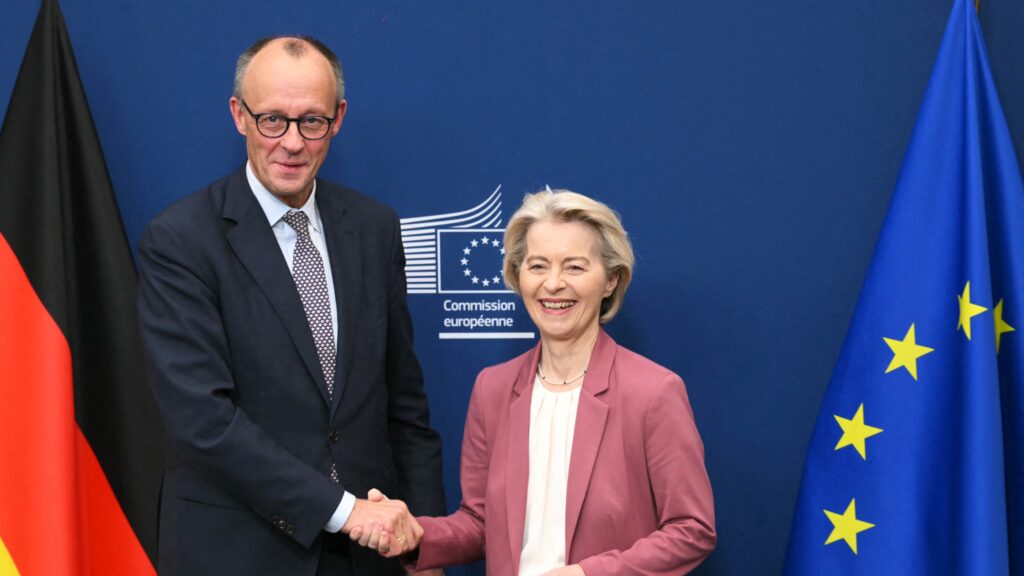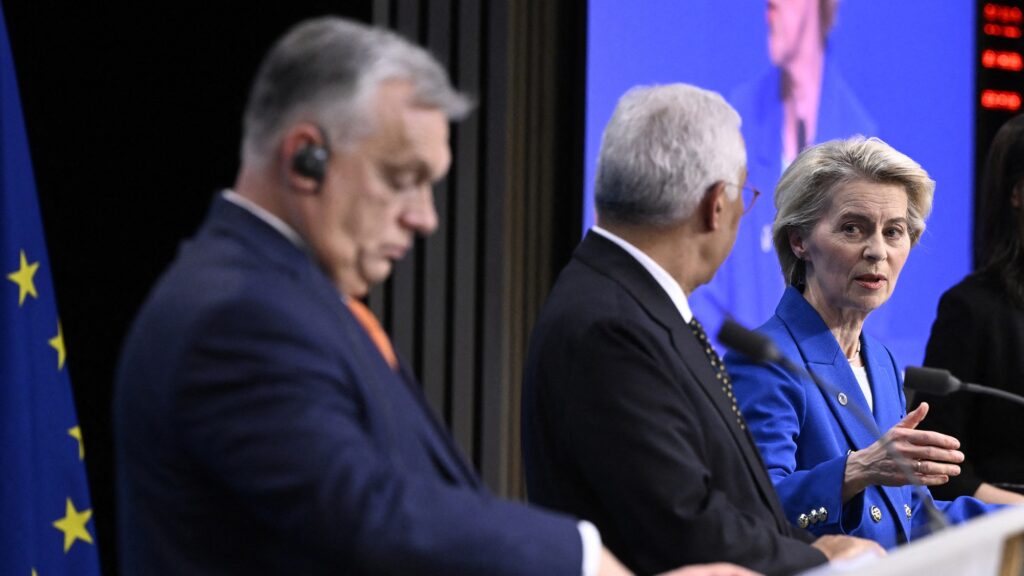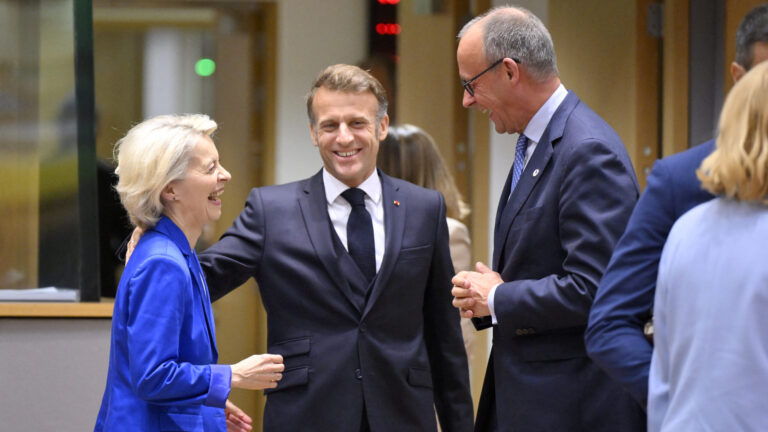As pointed out by Hungarian political analyst and commentator András László on the social media platform X (formerly Twitter), the latest polls suggest that if right-wing groups ECR, ID and Fidesz MEPs formed an alliance, they could be the largest group in the European Parliament from 2024.
Citing POLITCO’s polling aggregate, he called attention to the fact that European Conservatives and Reformers (ECR) are projected to win 79 seats in the European Parliament in next year’s European elections. The Identity and Democracy (ID) group is estimated to gain 77 mandates. If ECR and ID formed a coalition, they would be the second strongest group in the EPP. Should Fidesz again have 12 MEPs as currently, and should they ally themselves with an ECR-ID coalition, that would make the right-wing conservative formation the largest political groups in the European Parliament. In addition, with Fidesz MEPs joining, either ECR or ID could be the second largest group, ahead of liberal Renew.
András László on Twitter: “🇪🇺 Context: If European elections were held today an alliance of conservative parties from @ECR and @IDParty_ would be the second strongest group in the EP. If 12 Fidesz MEPs were to join, it would be the largest group.With @FideszEP, either @ECRgroup or @IDGroupEP may… pic.twitter.com/7aBrjUcb4l / Twitter”
🇪🇺 Context: If European elections were held today an alliance of conservative parties from @ECR and @IDParty_ would be the second strongest group in the EP. If 12 Fidesz MEPs were to join, it would be the largest group.With @FideszEP, either @ECRgroup or @IDGroupEP may… pic.twitter.com/7aBrjUcb4l
While this would not mean that conservative forces could have a majority in the EPP, as 355 seats are needed for a simple majority, and the European People’s Party is highly unlikely to join an ECR–ID–Fidesz coalition, the projected strengthening of the right-wing political group(s) is promising.
Currently, the European People’s Party controls the most seats in the House of all the political groups, 178—so they are actually projected to lose some MEPs, as per POLITICO’s polling aggregate, 12 to be exact. As opposed to that, the ID group currently stands to gain 17 seats.
In May 2019, the EPP group, with still Fidesz in their ranks, got the largest share of the popular vote in the EU parliamentary elections, 21 per cent,
followed by the Progressive Alliance of Socialists and Democrats’s 18.5 per cent. According to the latest polling aggregate by Europe Elects, not much has changed since—as per their September 2023 numbers, EPP has 21.6 per cent of the voters’ support, followed by S&D’s 19.5 per cent.
The 2024 European Parliamentary Elections in Hungary
As for Hungary per se, the 2019 EP election brought another landslide victory for Fidesz. They won 52.6 per cent of the popular vote then, an improvement from their performance in the 2018 Hungarian parliamentary election (where they got 49.3 per cent). They also took 13 out of Hungary’s 21 EP seats.
Fidesz is also posed to win in next year’s EP election in Hungary. Although polling has been scarcely done, the last three surveys, released between May and June 2023, have also projected a narrower margin in the popular vote than in 2019—46, 51, and 46 per cent of the votes for Fidesz, respectively. However, polls have vastly underestimated Fidesz’s performance ahead of the 2022 Hungarian parliamentary election; and inflation, one of the most pressing issues Hungarian voters had to deal with, has improved significantly since June as well.
Related articles:







